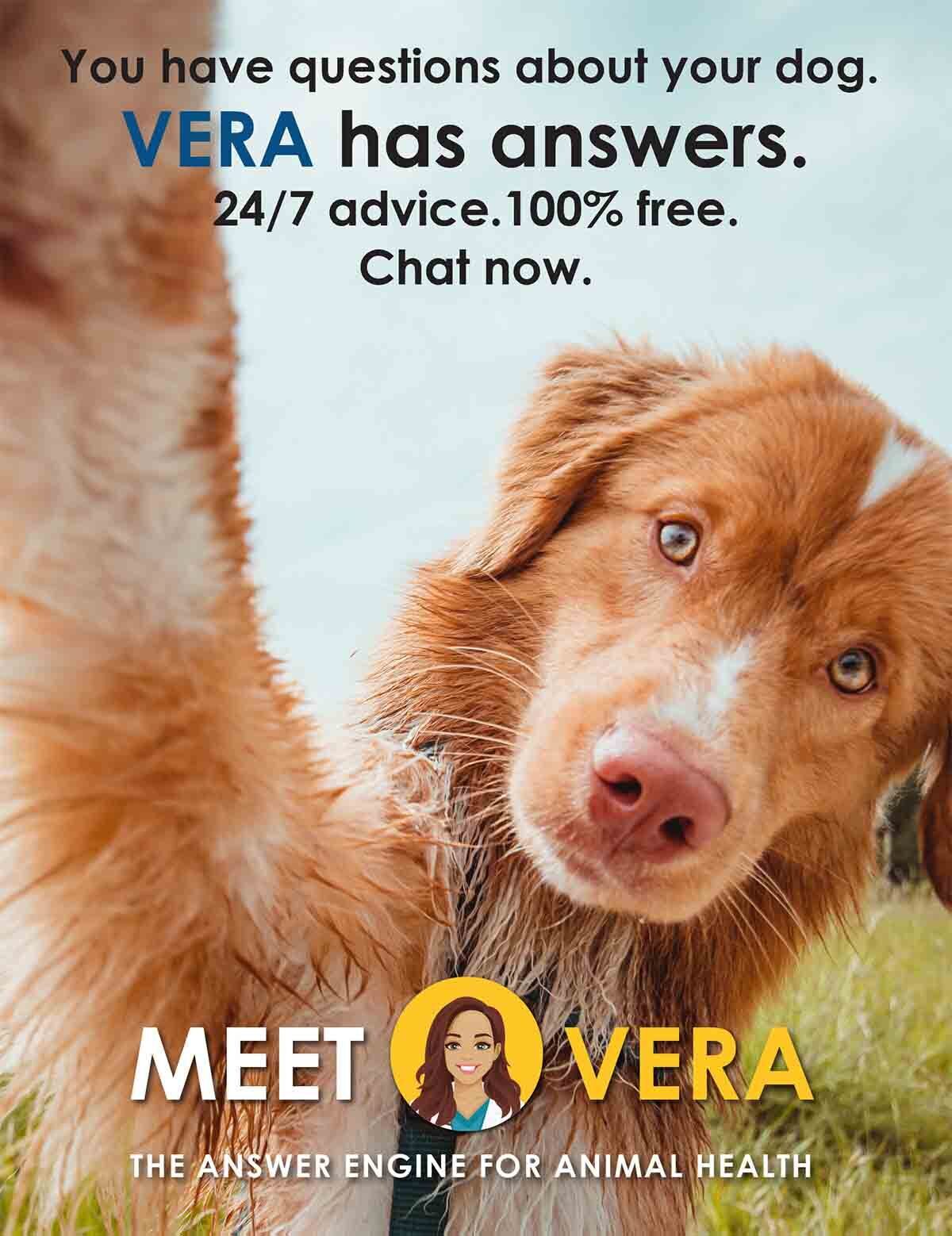Do you enjoy peanut butter and grape jelly sandwiches? Raisins? Grape juice? These are all delicious snacks for kids and adults, but unfortunately, these are not snacks that we can share with our dogs.
Can Dogs Eat Grapes?
Although our dogs can enjoy plenty of fruits, like blueberries and apples, grapes are a big no-no. This includes anything related to a grape as well, like raisins, sultanas, and currants.
This means no nibbles of peanut butter and grape jelly sandwiches, trail mix that has raisins mixed in, and no fruit salad with grapes mixed in. Any grape product is off-limits in any amount. In fact, a single grape can be enough to cause a toxic dose which can result in acute kidney failure.
Why Can’t Dogs Eat Grapes?
For the longest time, grape toxicity was a head-scratcher for veterinarians. Veterinarians knew that grapes were the cause of kidney damage in some dogs but kidney failure in others. Some dogs would have only one grape and succumb to kidney failure, while another dog had a handful of grapes but only suffered from mild kidney damage. It was a conundrum.
Finally, a conclusion has been reached in the mystery of grape toxicity. Veterinarians at the ASPCA Poison Control Center have made the discovery that tartaric acid in grapes was the toxic substance behind the harmful side effects.
Tartaric acid can vary greatly from grape type to grape type and even between the same type of grape, depending on how ripe the grape is. Even the weather and soil type can affect the amount of tartaric acid a grape has. There are also varying levels of tartaric acid between raisins, sultanas, and currants as well.
This great discrepancy between the varying levels of tartaric acid between grapes can be the explanation for the different reactions to grape poisoning among dogs.
After that, pet parents may ask if one type of grape is safe to eat. Is there a difference between green grapes, purple grapes, or seedless grapes? Sadly, the answer is an absolute no.
My Dog Ate Grapes. What Now?
If your dog has eaten a grape or raisin, call your veterinary clinic or pet poison control immediately. Veterinary care is required if your dog ingests any amount of grapes. This definitely constitutes an emergency.
Your DVM will administer activated charcoal to help your dog vomit and hopefully remove any grapes from their system before signs of grape toxicity or raisin toxicity appear. The symptoms of grape poisoning include:
- Abdominal pain
- Pale gums
- Loss of appetite
- Dry nose
- Trouble breathing
- Decreased or increased urine production (but increased thirst)
Additional symptoms include vomit and diarrhea. Your dog may also be lethargic and will not have any appetite.
Intravenous fluid therapy will also be given to help relieve your dog’s kidneys and minimize any damage by any tartaric acid in your dog’s system. Grapes can stay in the stomach ranging four to six hours, and symptoms of grape toxicity can develop as early as six hours after ingestion, even sooner depending on your dog’s system.
Time is of the essence when it comes to treating grape toxicity. Unlike livers, kidneys cannot occasionally repair themselves, so we must carefully preserve kidney function.
It is vital that your dog is seen by a veterinarian as soon as possible if you see them eat a grape or if you believe any grape ingestion has occurred.
What Fruits Can My Dogs Have?
While grapes (and anything grape-related) should be entirely avoided, this doesn’t mean that your dog is completely cut off from the fruit world. They can still enjoy the sweet treat of a cold piece of fruit on a hot day.
Your dog can enjoy fruits like apples, strawberries, bananas, watermelon, pineapple, and blueberries. Of course, you’ll want to consult your veterinarian if you aren’t entirely sure about a human food you want to feed your dog.
The Bottom Line
Your dog cannot have grapes, and you likely will not want to share one of your dog’s treats. However, having access to our veterinarians at AskVet is a way to treat yourself to ensure that you always have a veterinarian to chat with whenever you have a concern.
Our AskVet veterinarians are available 24 hours a day, seven days a week, to discuss your pet’s needs. Whether you have a question that needs answering right away, or if you want to brush up on your knowledge about pet health and wellness, you can chat with one of our knowledgeable veterinarians with no appointment needed!
When you join AskVet, you receive access to 1:1 pet coach training, 24/7 vet support, a pet ID tag that helps to reunite you with your dog if they are ever lost, and a peer-to-peer community to talk with other pet parents like yourself.
Get total peace of mind for one low monthly price; join us today!
Sources:
Can Dogs Eat Grapes? | Veterinarians.org
‘In the News’: Updates on Grape Toxicity | Cummings School of Veterinary Medicine
Mystery Solved: Why Grapes are Toxic to Dogs | Grady Veterinary Hospital
Liver Disease and Failure in Dogs – Causes, Stages, Treatment | Vale Vets





